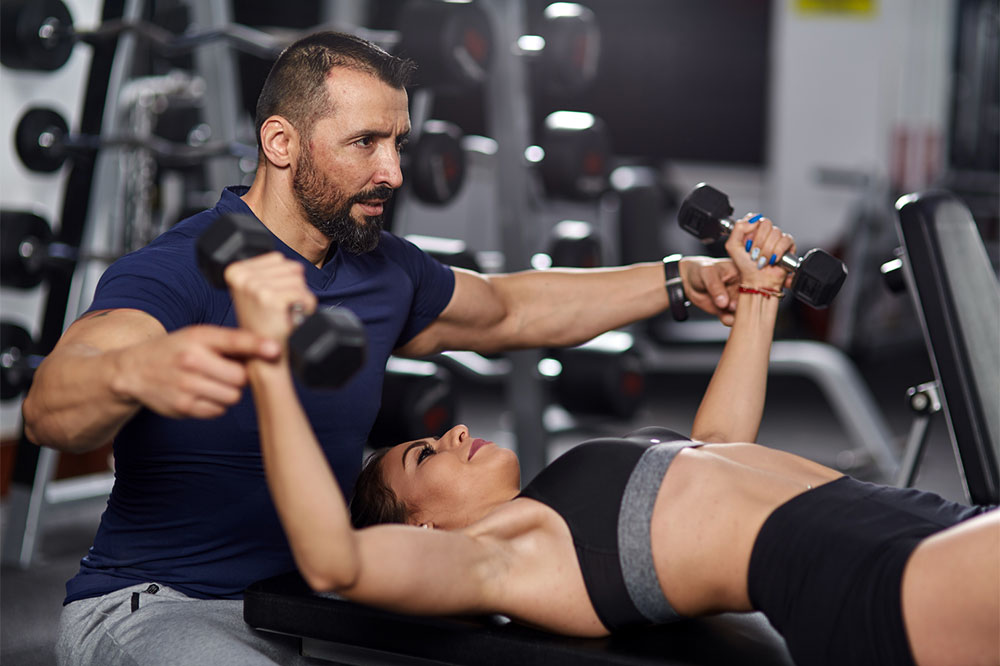Understanding the Key Differences Between Fitness Coaches and Personal Trainers
Discover the fundamental differences between fitness coaches and personal trainers. Understand their roles, qualifications, responsibilities, and which career path suits you best in the health and fitness industry. Learn how each profession can help you build a successful career, whether you're beginning or looking to specialize further.
Sponsored

Understanding the Distinctions Between Fitness Coaches and Personal Trainers
Considering a career in the health and fitness sector? You might have come across the terms "fitness coach" and "personal trainer" frequently. Are these roles identical? Not quite. Their daily tasks and required skills differ significantly. This article explores the main differences between these professions to help you make an informed decision about your career path.
What Does a Fitness Coach Do?
Fitness coaches typically work within gyms, guiding members on how to properly operate equipment such as free weights, resistance machines, and cardio devices. They also develop exercise guides that assist members in following safe and effective routines.
Role of a Personal Trainer
Personal trainers are hired to offer personalized advice on fitness and nutrition, helping clients transform their lifestyles and achieve specific health goals. Their success is measured by the progress their clients make over time, and long-term involvement is common.
Becoming a personal trainer requires advanced knowledge of exercises and comprehensive skills in behavioral motivation and psychology, ensuring clients stay engaged and motivated. Providing sustained results demands patience and expertise, as progress is gradual.
Because their responsibilities differ, so do their qualifications:
Qualifications for Fitness Coaches
To become a fitness coach, one must typically complete an accredited Level 2 Gym Instructor Certification, often referred to as the Level 2 Certificate in Fitness Instruction, offered by approved institutions.
Qualifications for Personal Trainers
Personal trainers should earn a Level 3 Personal Training qualification from an authorized organization. Some pursue additional higher-level certifications to enhance earning potential and skill set. Personal trainers can conduct individual or group sessions based on their certification.
Key Differences in Job Responsibilities
While both roles are crucial in the fitness industry, their duties differ:
Fitness Coaches
Usually working in gyms or self-employed, fitness coaches lead group classes and supervise proper equipment use. They focus on safety, technique, and maximizing workout efficiency without establishing personal relationships with clients. Their responsibilities also include onboarding new members, maintaining equipment, and guiding tours around the gym. Many start as fitness coaches before advancing to personal training roles.
Personal Trainers
Primarily focusing on individual client goals, personal trainers create tailored fitness plans after assessing each person's current fitness level and limitations. They support clients both physically and emotionally, providing motivation and encouragement. Their work often takes place outside the gym, offering flexible scheduling and personalized attention to long-term results.
Although the two roles may seem similar, they serve different purposes. Personal trainers require more advanced knowledge and direct engagement with clients, focusing on customized plans and intensive guidance. Fitness coaches are ideal for entry-level positions, suitable for newcomers to the industry wanting to gain experience and build confidence within gym settings.





